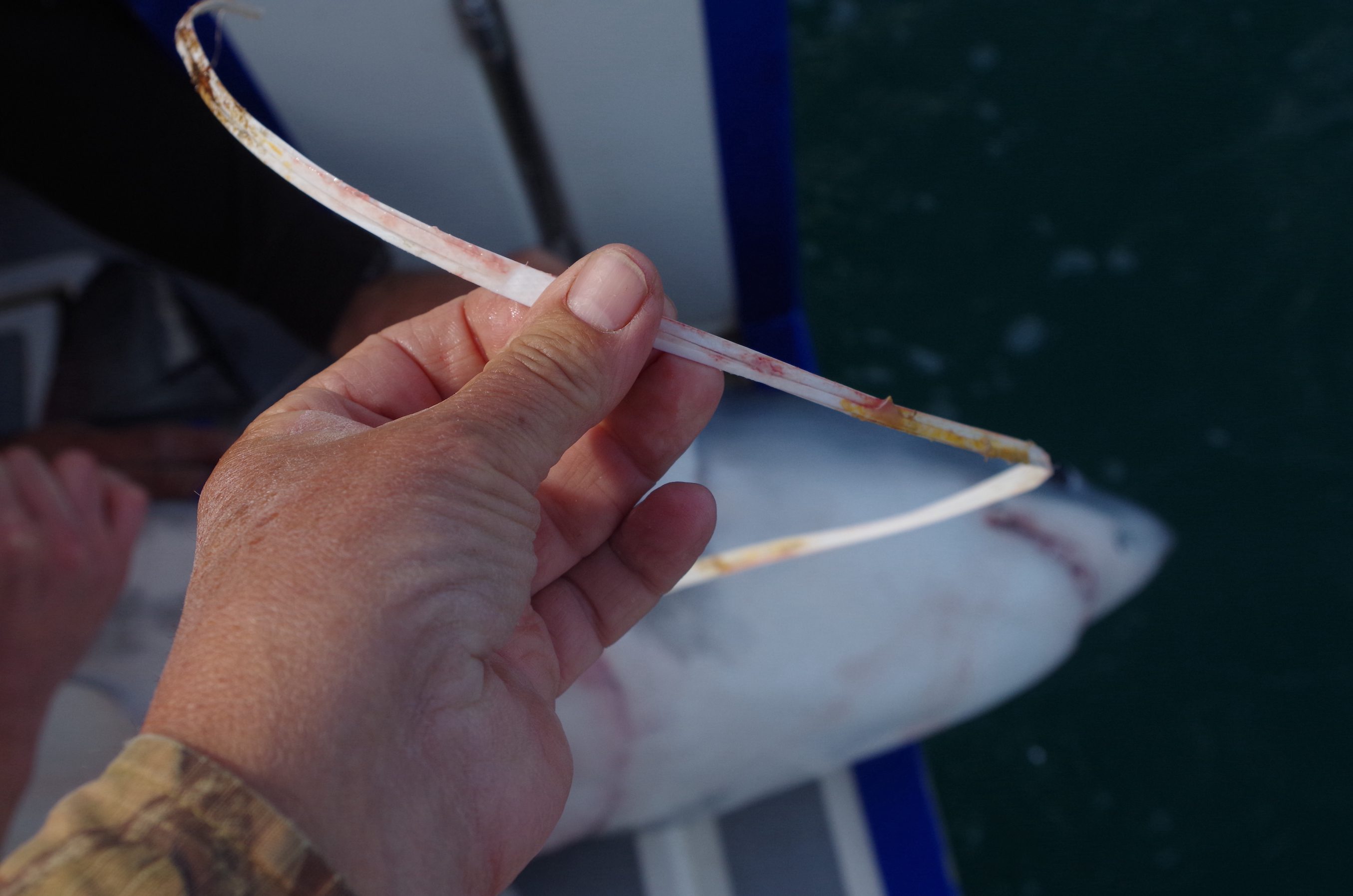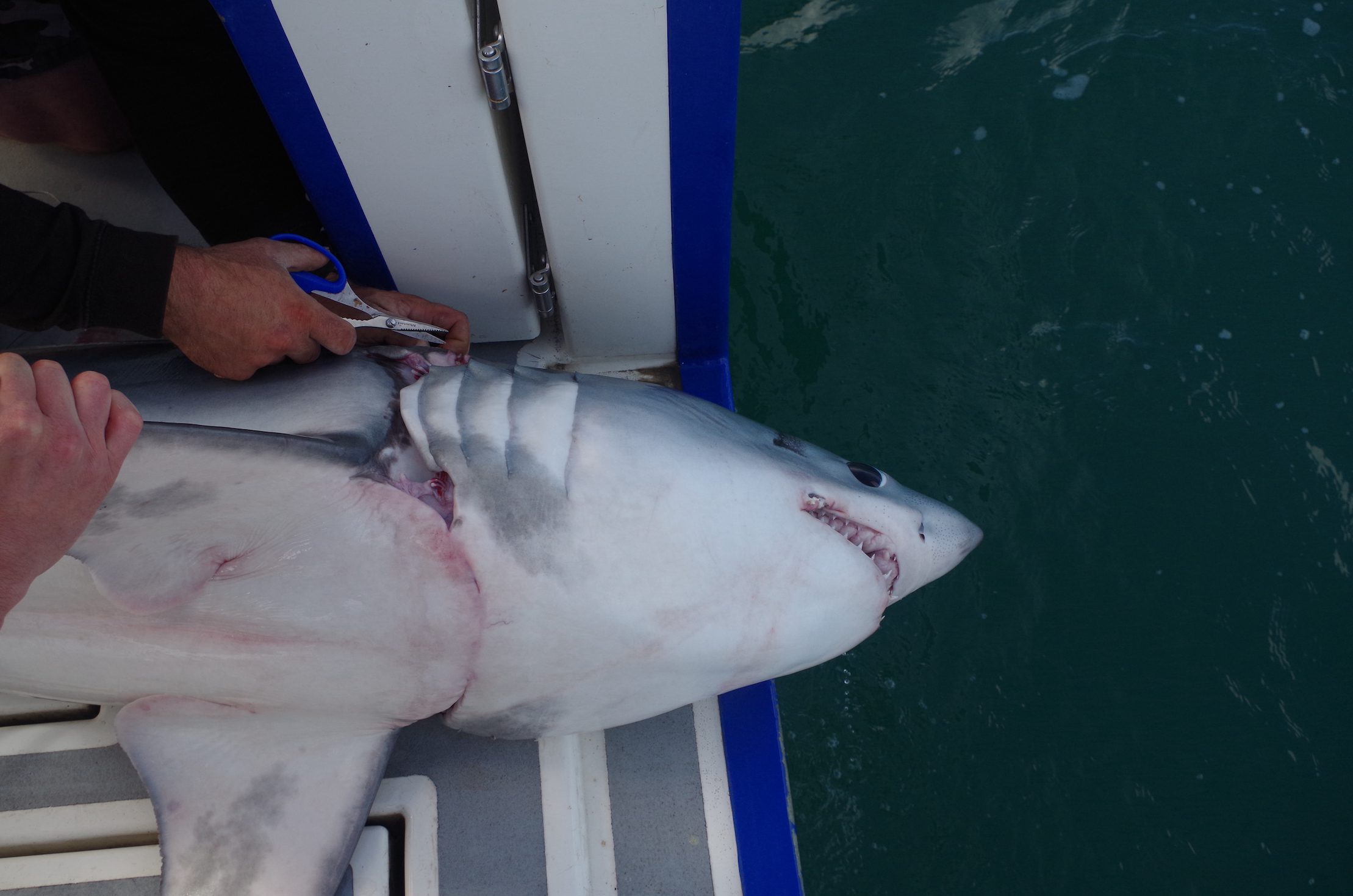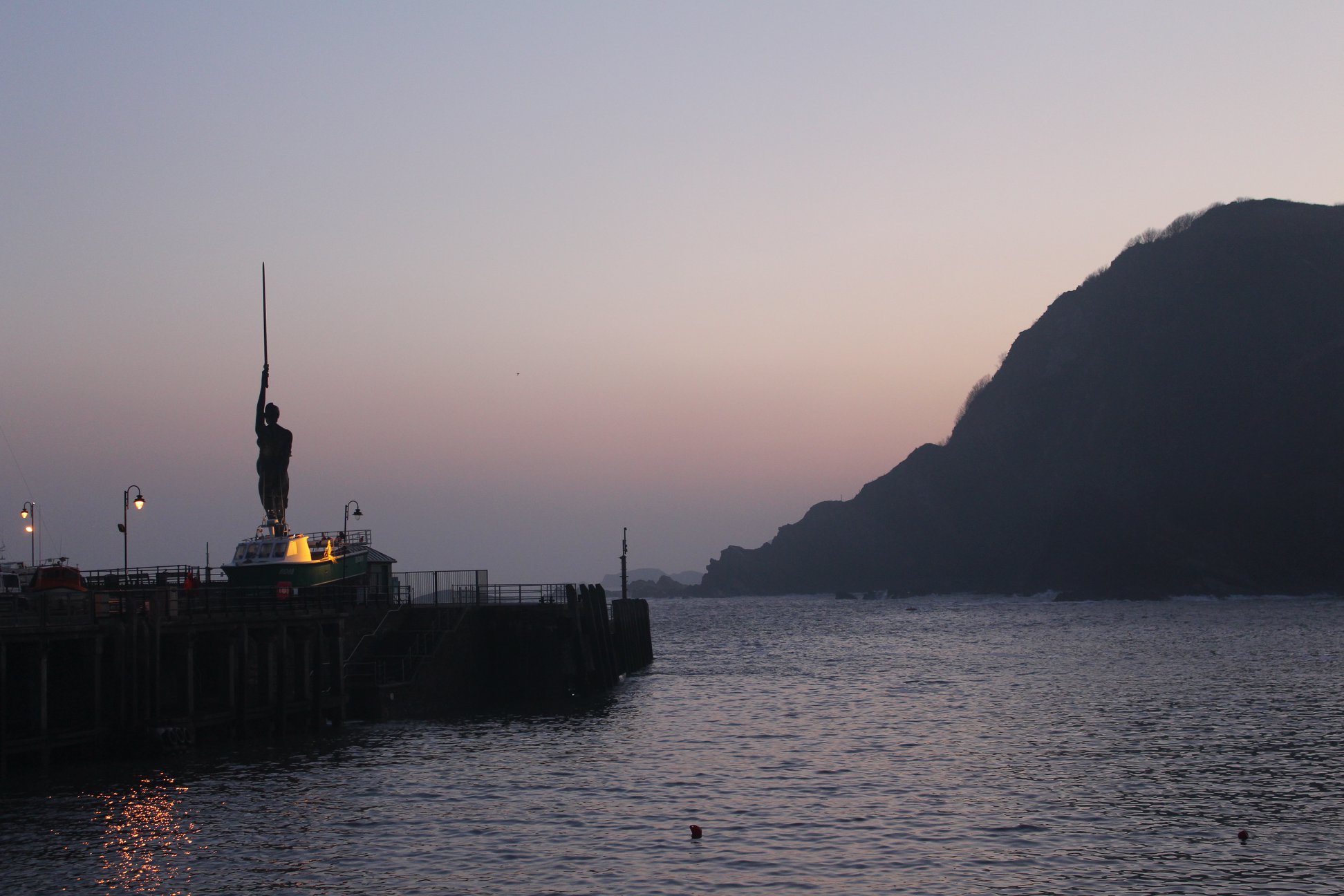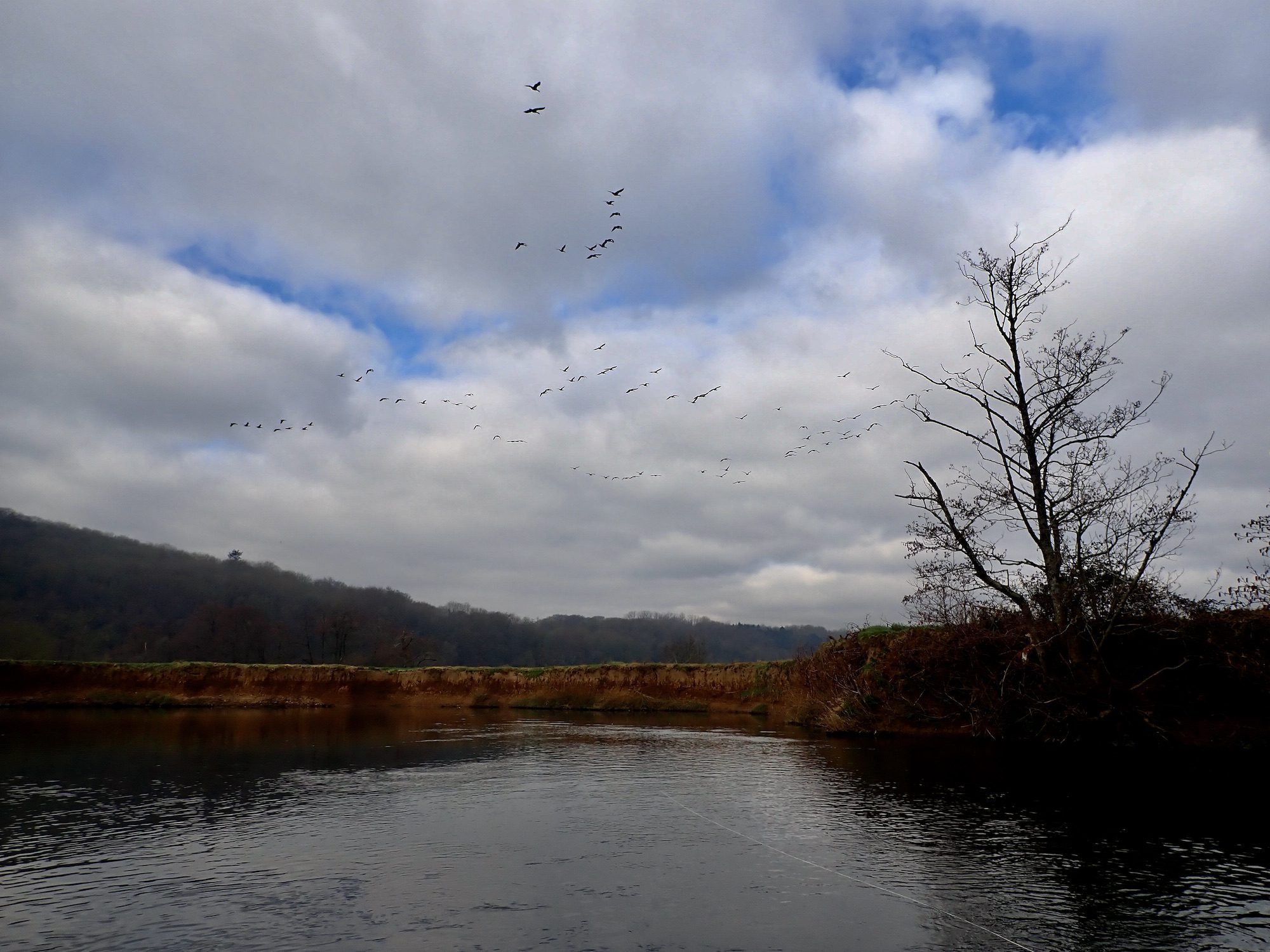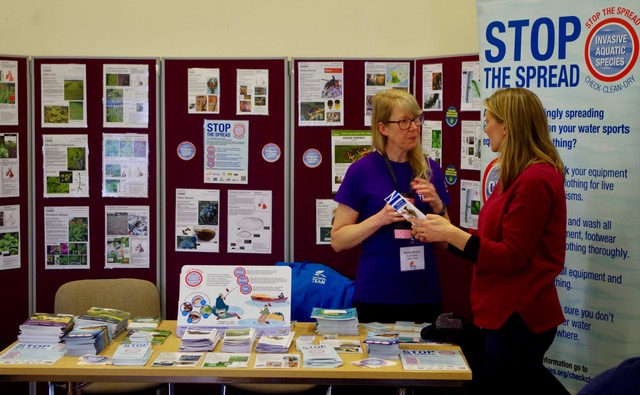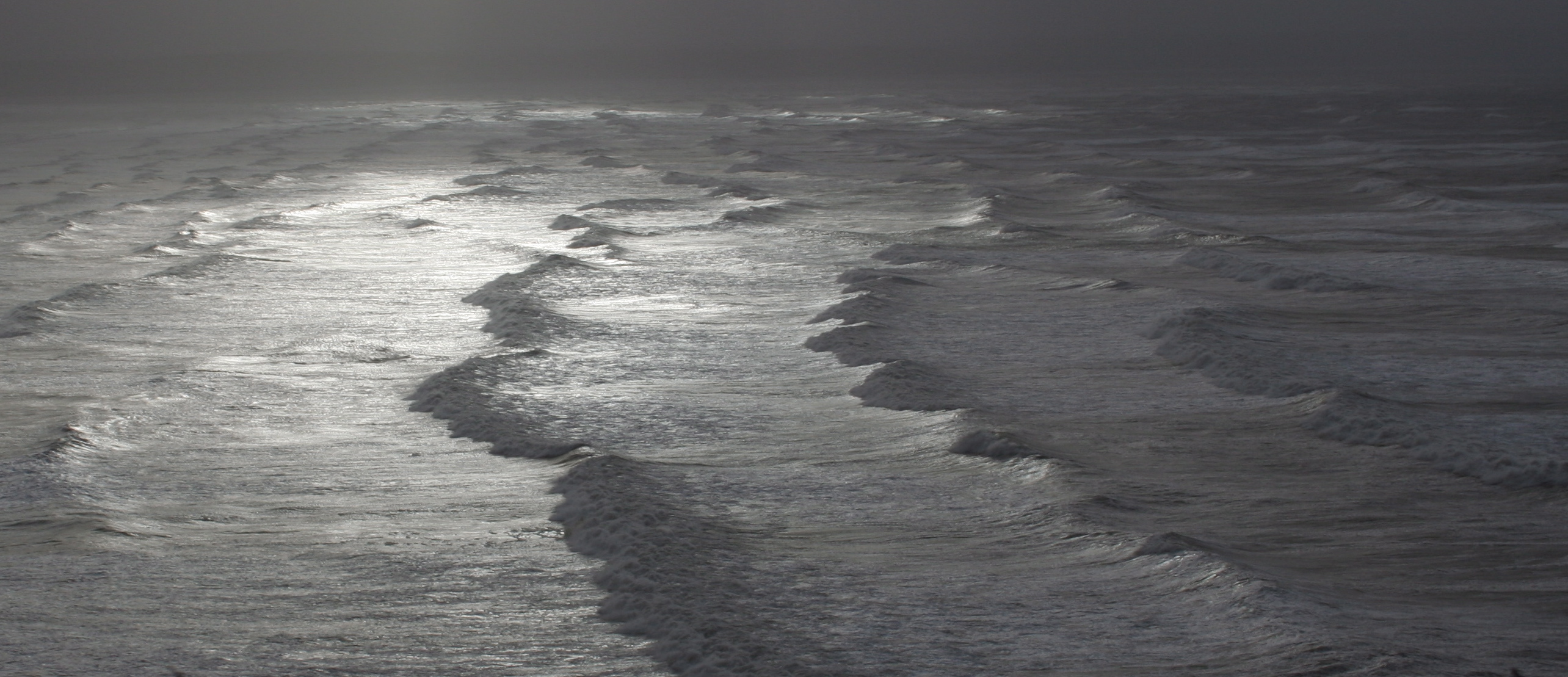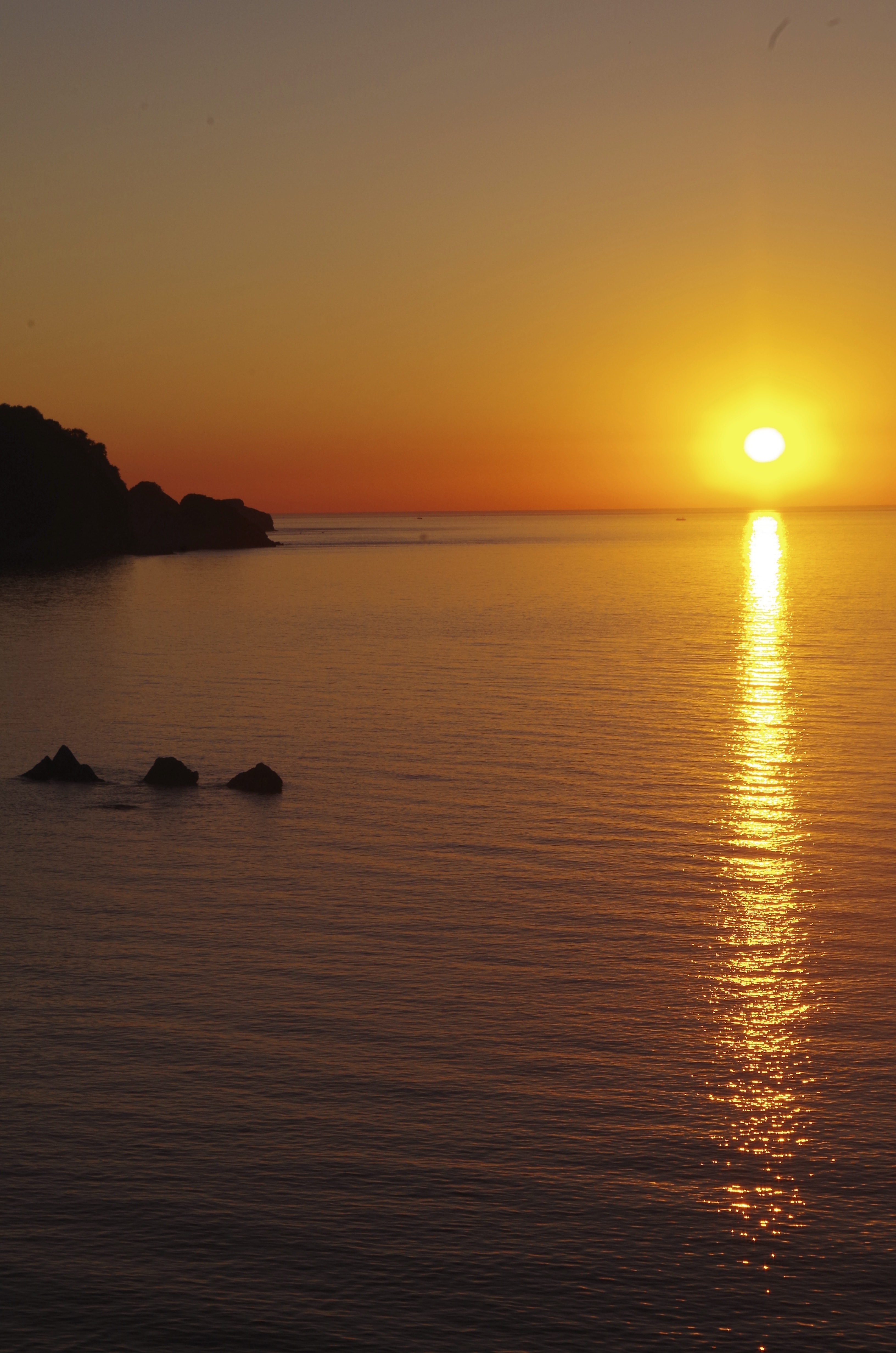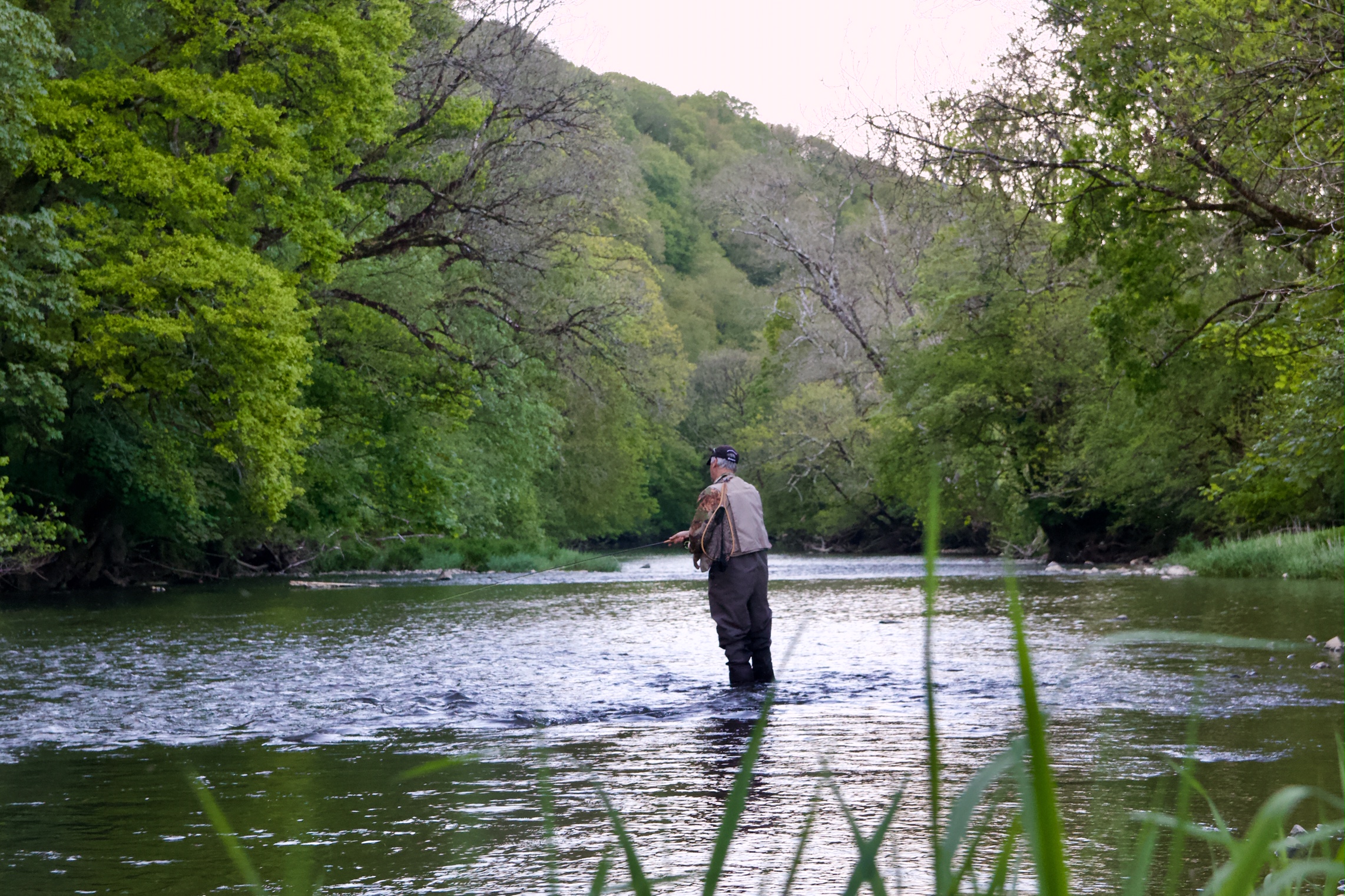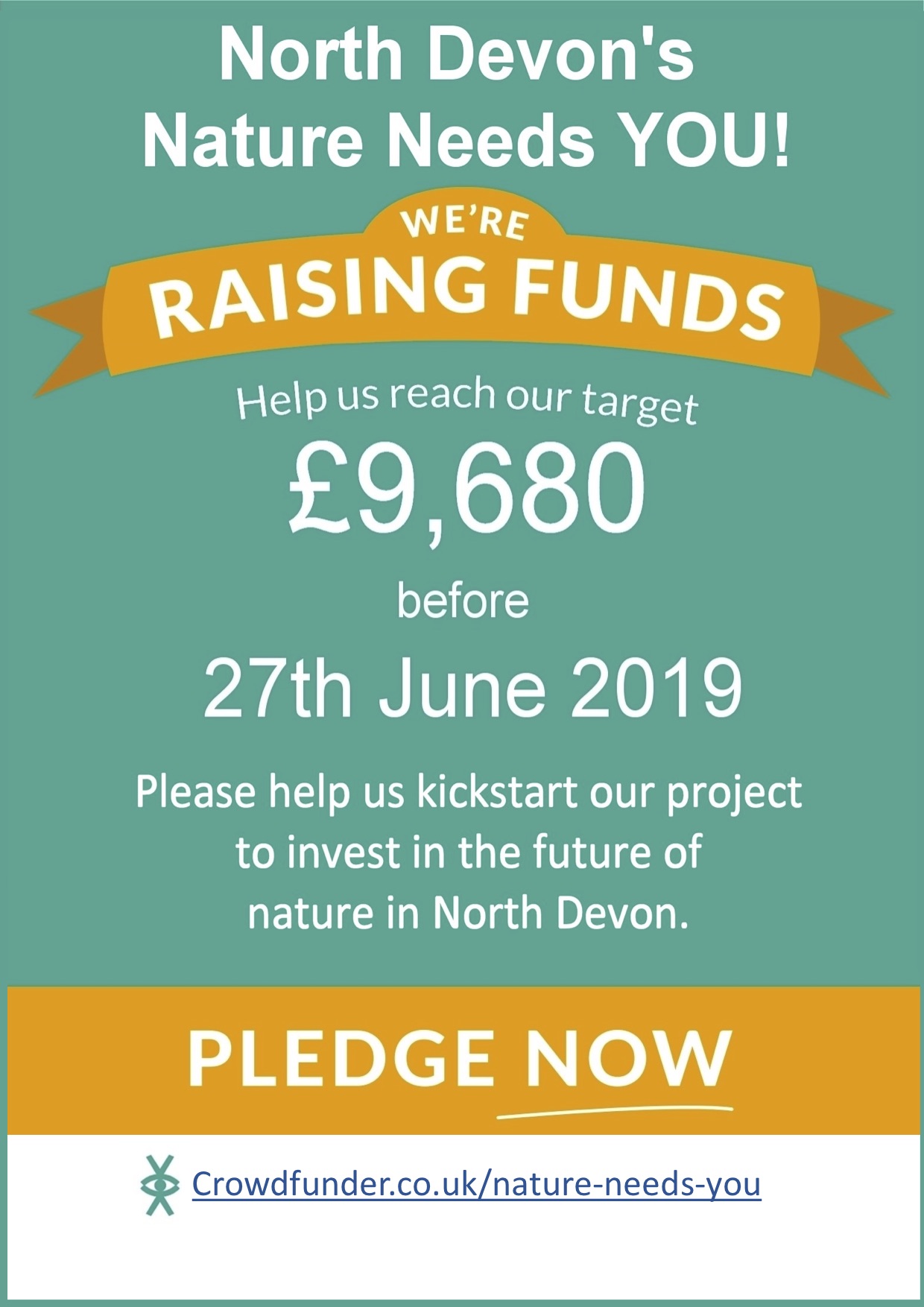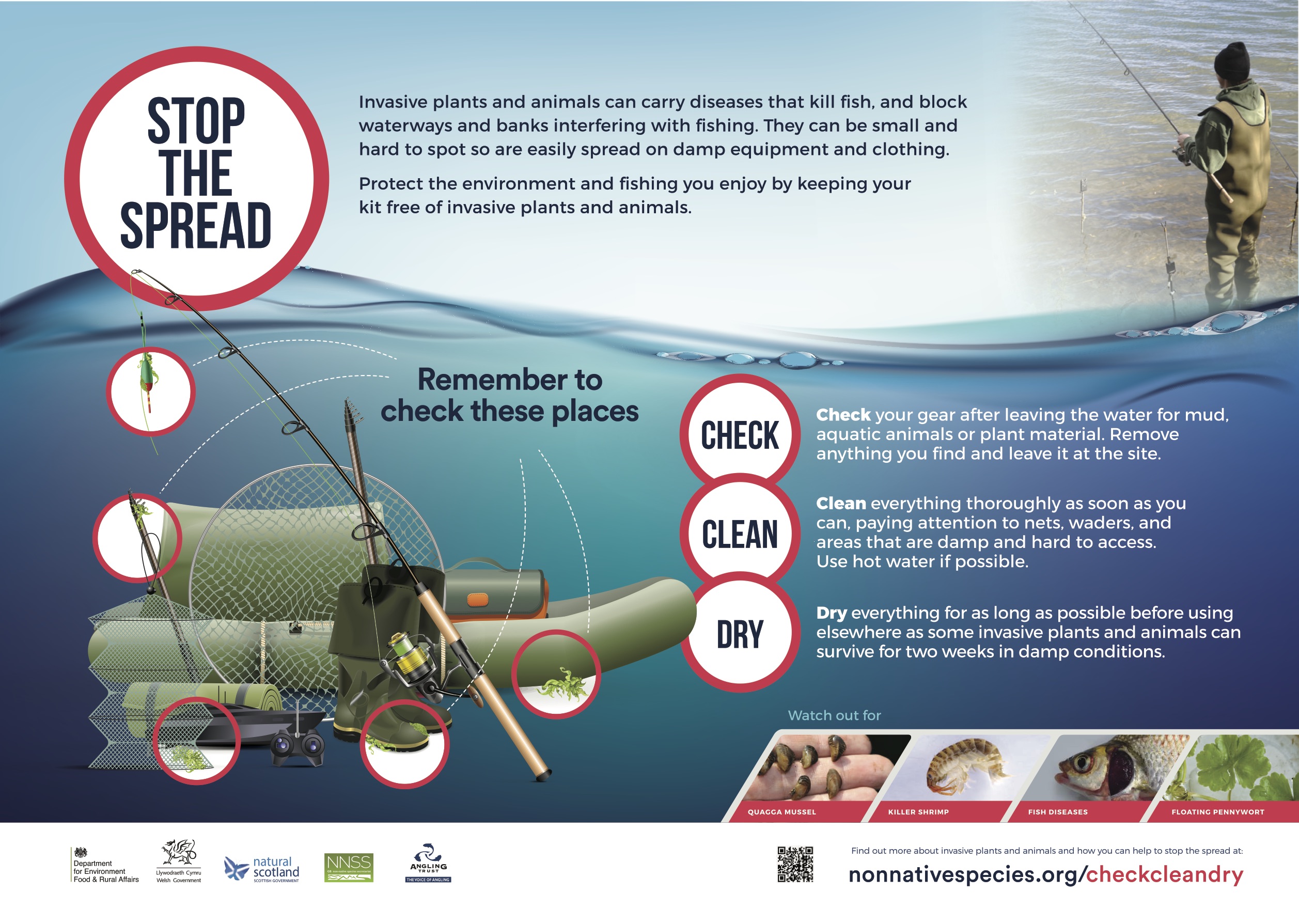Many thanks to Richard Wilson for sharing his thoughts. No fishing this month but an issue that impacts on us all.
Green Energy: Money Money Money
Skip the science, ask a banker
Renewables deliver the cheapest electricity in history. So follow the profits …
If you want to burn money, then investing in a company that’s about to be wiped out by a new technology is a good way to go. History is littered with the wreckage of complacent has-beens mugged by progress. Stranded Assets.
So does this ever happen to countries? Could there be some budding technology, so ignored or sneered at that the threat is overlooked by the masses and their political leaders. Until, suddenly, it blindsides them?
Well, how about renewable energy? Populist opinion says it’s expensive, annoying and tastes like cardboard. And if Donald Trump wins then the fanboys expect to Dig baby, dig and Burn baby, burn. American coal, oil and gas are cheap, right? And a nation that runs on cheaper energy becomes richer than its neighbours. To the winner, the spoils.
The catch in this is that on-shore wind and solar are now a lot cheaper and more profitable to build and run than fossil fuels.
According to the World Economic Forum, the price of solar electricity has fallen 90% in just 10 years, making it “the cheapest electricity in history”. Onshore wind is close behind and utility-scale battery costs have also fallen 90% in a decade (IEA). The days when renewables carried premium prices are gone and the word is spreading: There are fortunes to be made in cheap green energy.
Take Texas, where they subsidise fossil fuels and claim legislative hurdles to obstruct renewables. It’s not working:
Forbes Magazine, not noted for its bunny-hugging, reports that soaring Texan wind and solar energy deployment cut wholesale state electricity costs by $31.5 billion between 2010-2022, with $11 billion in 2022 alone. Whoops. Officially, that’s not meant to be happening.
The Financial Times, also no bunny-hugger, smells profit: “Economics can turn even the biggest climate change sceptic into a clean energy evangelist. This is exactly what has happened in Texas.” So green money is growing political muscle while coal, oil and gas wilt.
Meanwhile, Forbes also reports a massive business opportunity: it says 99% of America’s remaining coal plants cost more to keep running than to replace with wind and solar. And that swapping in clean energy for uneconomic coal would save enough money to finance more than 150 gigawatts’ worth of electricity storage – which, it says, is roughly ten times the total US utility-scale battery capacity as of 2023.
Instead of shutting down these smokestack has-beens, their owners, backed by complicit/corrupt politicians, are investing new capital and tax-payer subsidies to keep them running. They’re increasing utility debt on uncompetitive assets and bilking their customers for the hiked costs. This lays the groundwork for financial disaster. Screwing your customers andtaxpayers on this scale is not sustainable.
Elsewhere, US consumers in states with high renewable generation pay less for their power (Republican South Dakota produced 83% of its in-state electricity from renewables in ‘22). We are witnessing a global flight of capital out of fossil fuels and into renewable energy – and it transcends party politics.
The world is changing, although a lot of people on the left and right margins still believe going green is about hugging trees, hand-wringing and chewing tofu. Forget that: Renewables are the new gold rush. Ask a capitalist. Or read the Economist.
Looking ahead, where does this leave major infrastructure investments like refineries, the global shipping fleet carrying oil and gas, and huge pipeline projects? Answer: up shit-creek without the proverbial. Pssst: wanna buy a used oil refinery?
And before someone says electrification needs more mining than fossil fuels; no it doesn’t. The annual hole in the ground needed to service the old energy economy is in the region of 15 billion tonnes (oil, coal & gas). The IEA predicts that by the 2040s we will need 28 to 40 million tonnes of minerals to run the renewables energy economy. On my fingers that’s a big deal. And it creates a lot of stranded mining assets, because there’s going to be a lot less mining.
So the resistance comes from the declining but still fabulously wealthy fossil fuel sector, which faces losing its shirt. Meanwhile, at the political margins, some people can’t see the $s for red mist. Neither the ideologically hard-core anti-growth greens nor their knuckle-dragging opponents in their deeply tedious woke wars (it takes two) are economically significant. So while they hurl brickbats and get lost in click-bait minutiae, the market has left them behind:
And the US is playing catch-up. In the first 6 months of the year it built 20.2 gigawatts (GW) of electricity generation capacity (US EIA), a 21 percent increase from the first half of last year. Which is not as good as it sounds.
We started with the idea that the USA might lose its top-dog status (or worse). So if the future is cheap energy and that buys a big competitive advantage, who wins and who loses? The answer is easy: The amount of wind and solar power under construction in China is now nearly twice as much as the rest of the world combined.
China has 440 gigawatts (GW) of utility-scale renewables underway. The US has 40. As it comes online China will reap the benefits.
And what of Net Zero – that red-mist-inducing 2050 target? Well, it seems safe to say that the first 90% of the journey will deliver cheaper more profitable energy to industry and consumers. Imagine saying that even 10 years ago. The last 10% is generally held to be a bigger ask, but given the amazing speed at which renewable tech is evolving would you bet against this turning out to be much easier than we thought? So we’ll get there because it’s cheaper for users and more profitable for investors.
So what price the USA? My take is that the US fossil fuel industry is already losing global market, wealth and friends. This will accelerate. So there are major geopolitical consequences to Burn Baby, Burn.
The winners will be the Chinese and the countries (and companies) leading the charge into renewables as their costs continue to plummet. A nation or company that runs on cheap energy has a competitive advantage over its competitors that don’t. And it just so happens that the cheapest energy is renewable. So follow the money. There’s still plenty to do, not least the grid, but the direction of travel is set and accelerating.
Renewables are too profitable to fail. And what’s not to like about that?
It helps me a lot if you can share my work with friends and colleagues. And if you’re not already a subscriber, then pls click the button below. Subscriptions are free, or if you’re feeling generous, about the price of a fat slice of cake a month.

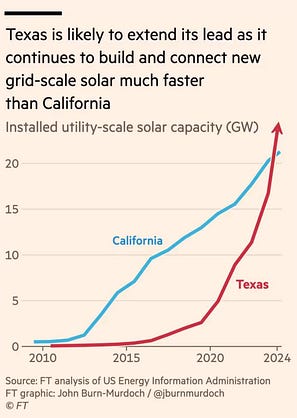
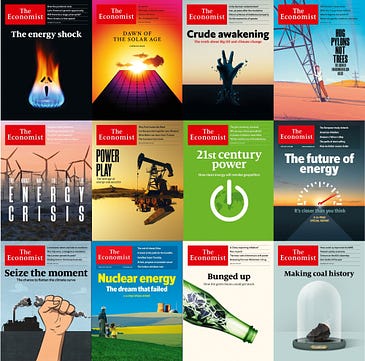
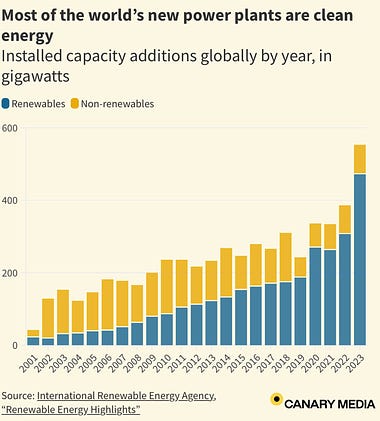
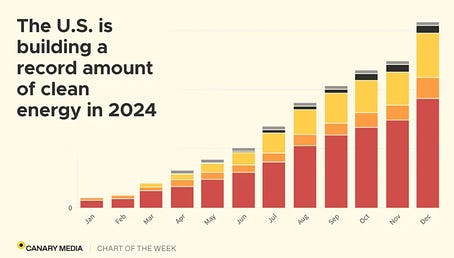
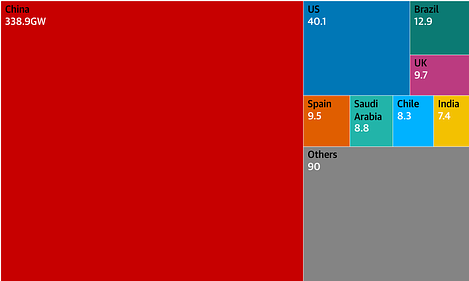
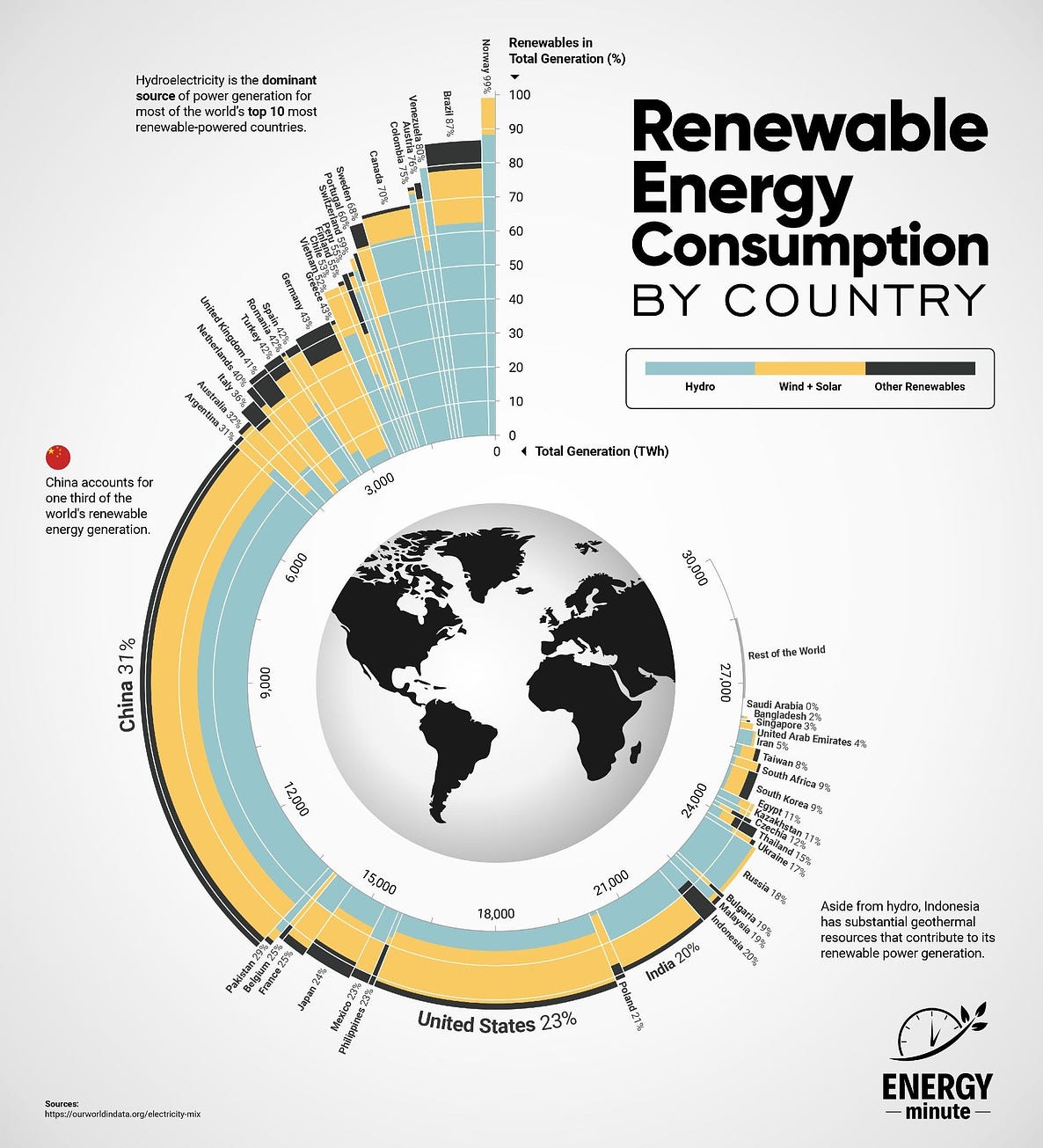

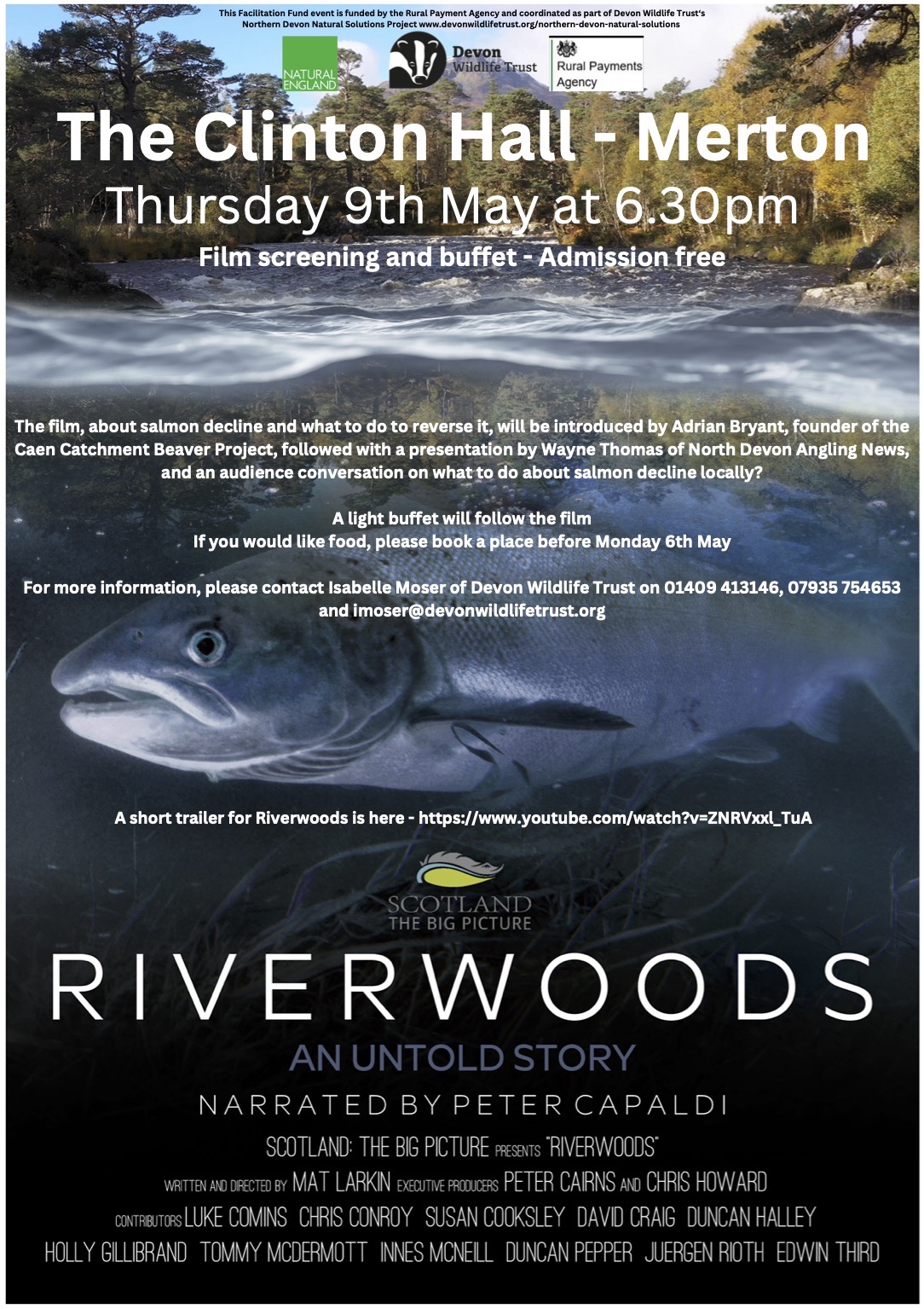

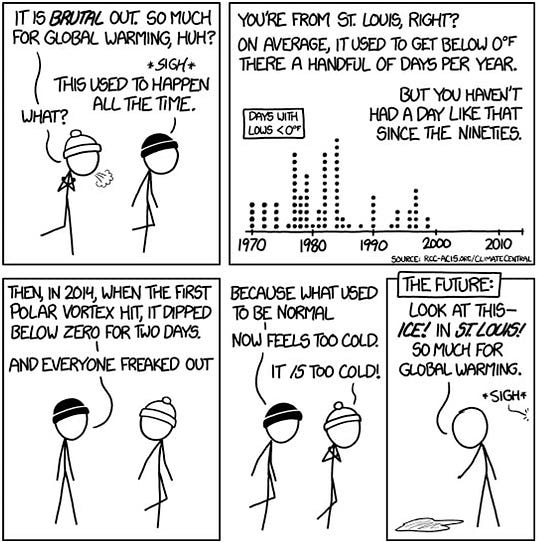
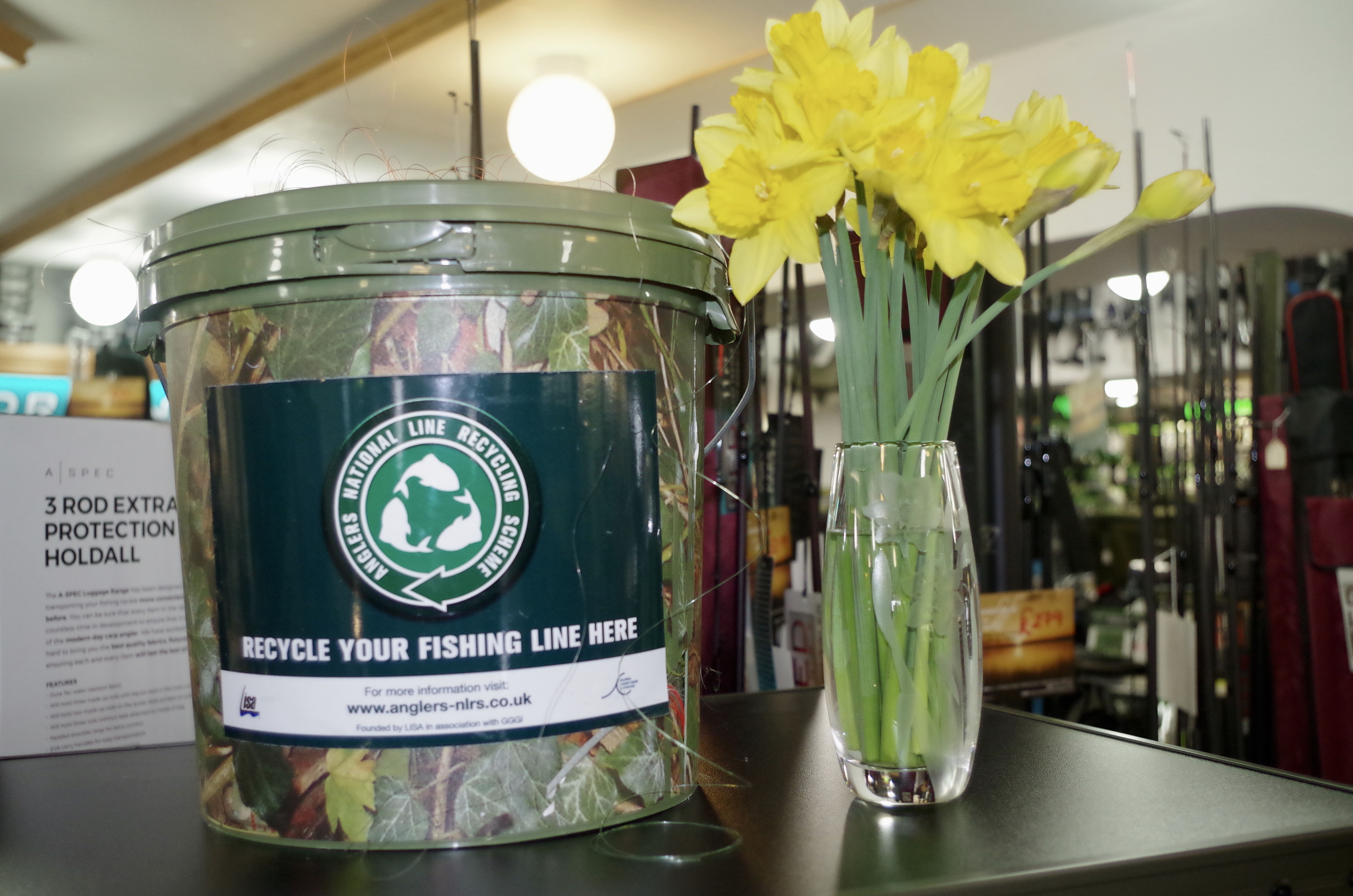 I was contacted by Shyanti who is working towards a Masters in Marine and Coastal Sustainability. After deliberating I completed the survey as requested. Marine litter is undoubtedly a huge issue that we as anglers witness all too frequently. I would be the first to acknowledge that a minority of anglers contribute to the issues by discarding bait packaging and losing line etc. I also believe that the vast majority of anglers are dismayed at the amount of litter they see on the shoreline and floating in the sea. After carrying out the survey I offered Shyanti the opportunity to post her message on North Devon Angling News to hopefully increase engagement with recreational anglers.
I was contacted by Shyanti who is working towards a Masters in Marine and Coastal Sustainability. After deliberating I completed the survey as requested. Marine litter is undoubtedly a huge issue that we as anglers witness all too frequently. I would be the first to acknowledge that a minority of anglers contribute to the issues by discarding bait packaging and losing line etc. I also believe that the vast majority of anglers are dismayed at the amount of litter they see on the shoreline and floating in the sea. After carrying out the survey I offered Shyanti the opportunity to post her message on North Devon Angling News to hopefully increase engagement with recreational anglers.